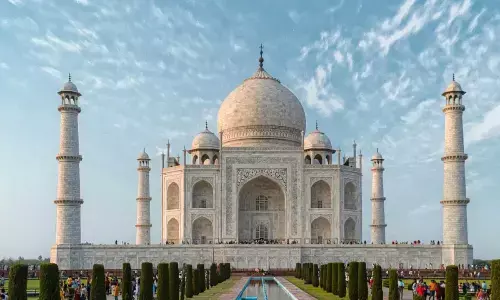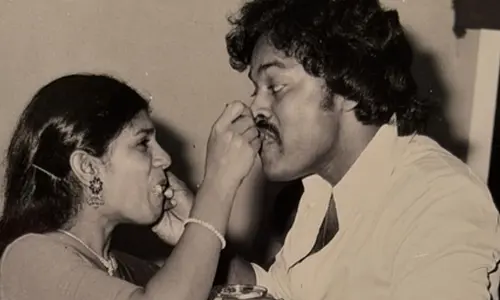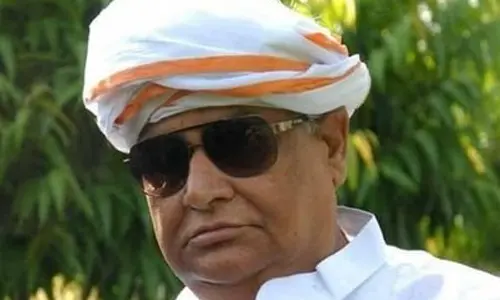50% people stroke survivors develop memory loss, dementia: Doctors
Share :

More than 50 per cent of stroke survivors go on to develop cognitive issues like mild memory loss, attention issues and dementia, said doctors on Saturday ahead of World Stroke Day, stressing the importance of early treatment.
New Delhi: More than 50 per cent of stroke survivors go on to develop cognitive issues like mild memory loss, attention issues and dementia, said doctors on Saturday ahead of World Stroke Day, stressing the importance of early treatment.
World Stroke Day is observed on October 29 to underscore the serious nature and high rates of stroke, raise awareness of the prevention and treatment of the condition, and ensure better care and support for survivors.
Timing of treatment is crucial for stroke and it should be treated fast to preserve brain function and reduce the risk of future cognitive impairment, the doctors said.
"Over half of people who survive a stroke go on to develop cognitive impairment, ranging from mild memory and attention issues to dementia. Some stroke survivors with cognitive impairment recover fully within a year. So while treatment of stroke time is very important and it should be treated fast to preserve brain function and reduce the risk of future cognitive impairment," Dr. Praveen Gupta, Principal Director of Department of Neurology at Fortis Memorial Research Institute, told IANS.
"Early screening and monitoring can help identify people experiencing cognitive decline after stroke so the progression can be slowed and, in some cases, stopped," he added.
Cognitive impairment may be underreported in stroke survivors because the person and family may think that memory loss is a normal phenomenon after stroke or may think the symptoms are part of the stroke.
According to the latest scientific statement by the American Stroke Association, one-third of all stroke survivors develop dementia within five years.
Further, up to 60 per cent go on to develop memory and thinking problems within a year.
The statement also noted that about 40 per cent of the survivors of stroke have mild cognitive impairment that does not meet the diagnostic criteria for dementia. Mild or not, the mental difficulties can seriously affect quality of life. Stroke can also cause mental decline leading to behavioural and personality changes, depression, physical disability and disruption in sleep, the doctors said.
"Stroke is one of the preventable major causes of dementia as a large number of patients who get stroke later also develop dementia which is then irreversible. So treatment and prevention of stroke is of utmost importance," Dr. Prof Vinay Goyal Chairman Neurology Medanta, Gurugram told IANS.
Knowing the signs of a stroke may help seek quick medical attention. Early cognitive therapy and addressing stroke risk factors may be key in improving outcomes.
"Cognitive therapy should be a necessary adjunct to physical therapy during recovery. Like physical exercise, mental exercise is essential for patients to make a complete recovery. Stroke cases can be reduced or even stopped by addressing risk factors of stroke such as blood pressure and diabetic control, weight loss, and exercise," Dr. Gupta said.
"Young adults must be encouraged to embrace healthier dietary habits, engage in regular physical activity, maintain a healthy weight, and reduce tobacco and alcohol use. Additionally, there is also a pressing need to make medications that control high blood pressure and cholesterol more affordable," Dr. Amit Srivastava, Director and Senior Consultant, Neurology, Dharamshila Narayana Superspeciality Hospital, Delhi, told IANS.








